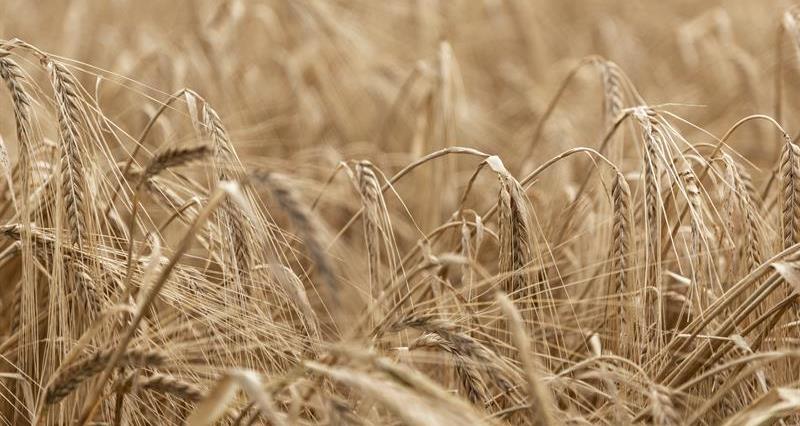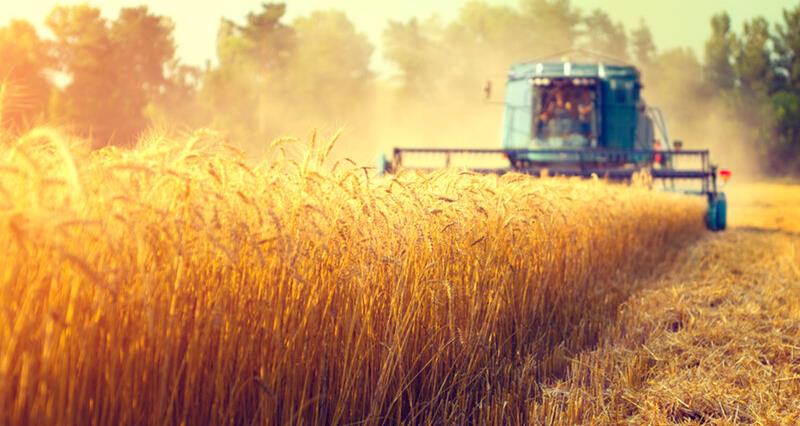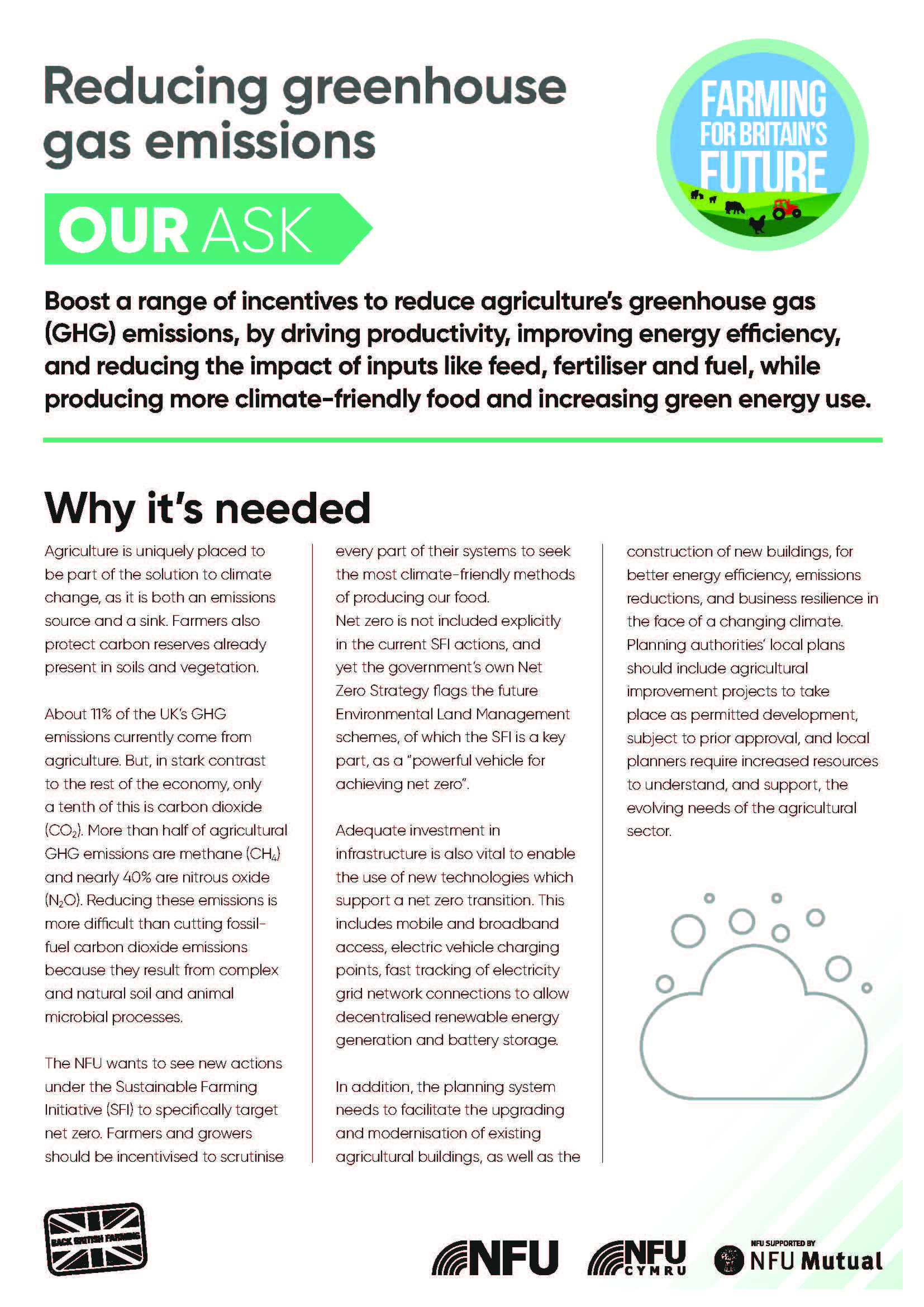It is widely recognised that, on average, half of a crop’s carbon footprint can be attributed to the production and application of artificial fertiliser. Therefore, it makes sense to understand where advances in alternative fertiliser manufacturing processes are being developed. This is important in protecting the resilience of the UK supply chain in the face of the final domestic ammonia production plant closing down earlier this year.
Below is a number of case studies that highlight some examples of projects which are working towards low carbon alternatives to manufactured fertiliser. They outline initial steps that are being taken as part of the journey before they are available on a wider commercial scale.
CCm Technologies
CCm Technologies aims to generate commercial value from captured carbon and other agricultural and industrial waste streams to deliver improved sustainability through the creation of new fertiliser products with carbon footprints significantly lower than current mainstream fertilisers.
The business reacts waste carbon dioxide with recovered ammonia to form stable nitrogen compounds which can be used in fertiliser. Its slow-release fertiliser helps reduce the carbon footprint of both the production and application of manufactured fertiliser.
Current studies are building on eight years of research to develop robust data on the nitrogen use efficiency of CCm’s fertiliser, with initial findings suggesting that equivalent yields can be achieved at lower application rates.
Tesco
Tesco launched its low carbon fertiliser commercial trials in early 2023, with a focus on lettuces, carrots and potatoes but producing results which are expected to have wider applications across large-scale fertiliser production.
Its objective is to boost the UK’s food security while reducing greenhouse gas emissions in the supply chain, using fertiliser products manufactured from materials including food waste, chicken litter, fire extinguisher waste and algae.
The key to the programme is that it is claimed there will be no extra cost to farmers, but it is not clear whether this accounts for any potential detrimental impacts on yield.
Nestle UK
Nestle UK has recently announced the launch of a two-year trial for creating low carbon fertiliser using cocoa shells from its Cargill-owned processing factory in York.
The study will analyse the performance of the fertiliser on crop production, focusing specifically on wheat yield and quality as well as any reductions in greenhouse gas emissions compared to conventional products.
If the trial proves to be successful, the low carbon fertiliser will be used within Nestle’s own supply chain at first, but there will be scope to make the fertiliser accessible to the wider industry.
Improving nitrogen use efficiency
The NFU combinable crops sector resilience plan highlights the importance of improving nitrogen use efficiency in fertiliser products to lower nitrogen costs per tonne of grain produced.
Growers need access to greater choice in the market when it comes to low carbon alternatives to manufactured fertiliser, alongside enhanced transparency to enable them to make an informed choice when it comes to targeted crop nutrition.
Access to all fertiliser products, including urea and imported products, is vital for a diverse supply of nitrogen. The NFU will continue to lobby at every opportunity to maintain a secure access to all available fertiliser products.
See our manifesto asks
Our manifesto
Our general election manifesto – Farming for Britain's Future – outlines our key asks of the next government to ensure farmers and growers can continue to deliver for the environment, economy and local communities while producing more of the great British food we all enjoy.


